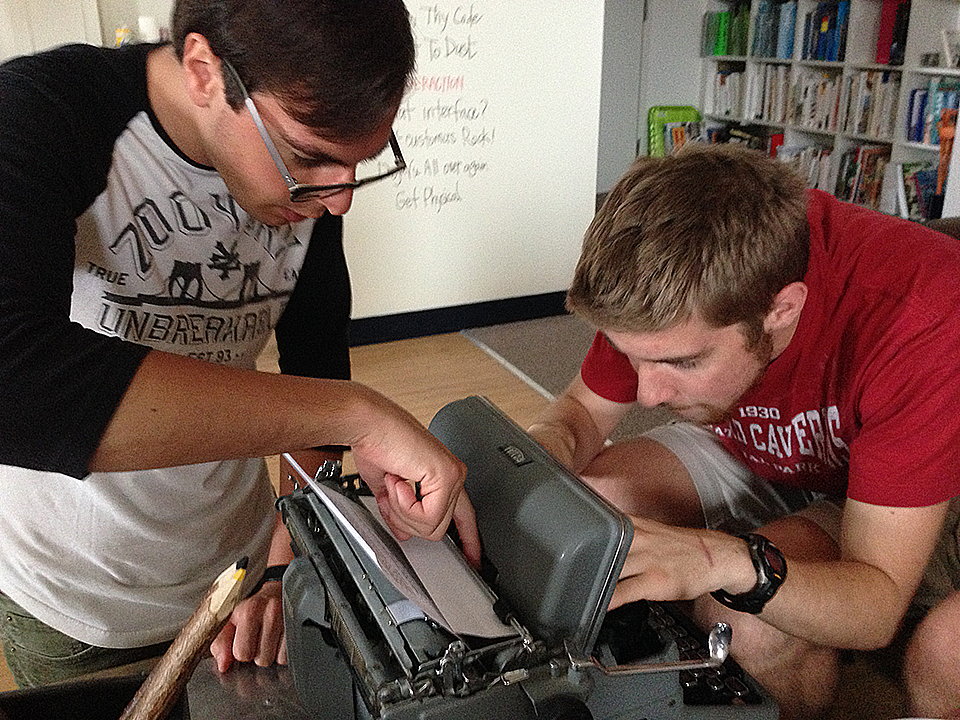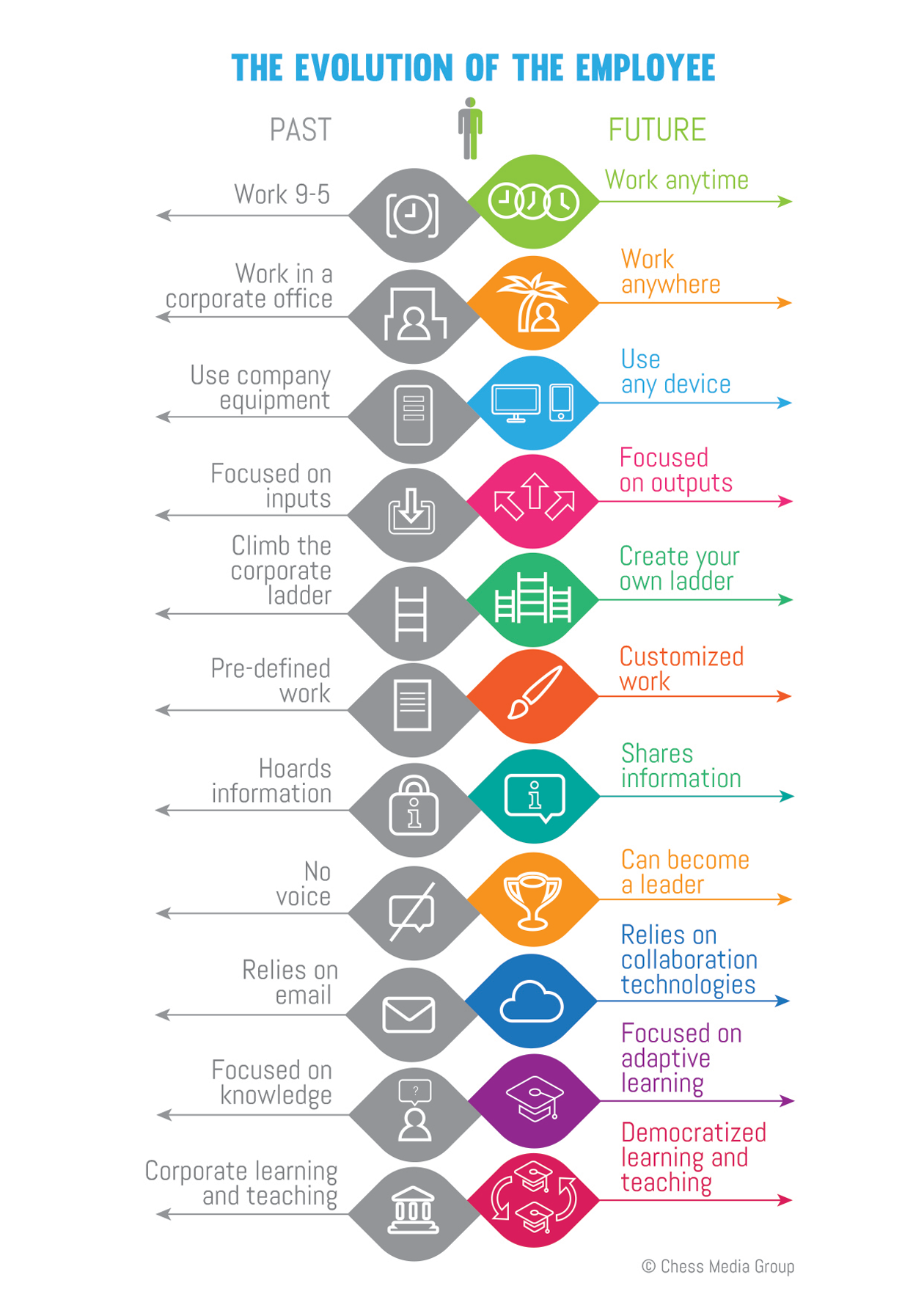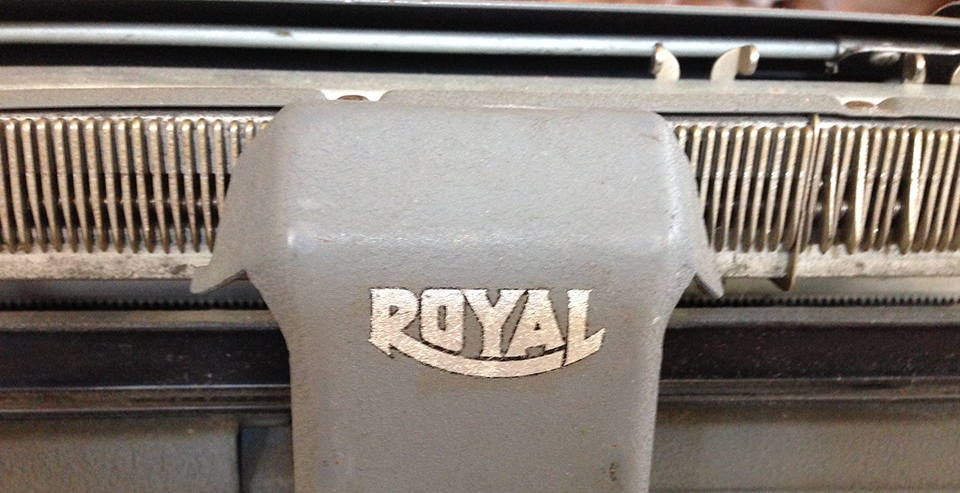We work in a very old building in a very old town (by American standards). So, we have an old infrastructure in some regards. Today we had a power outage for around two hours, which is not all that unusual. They are more common in the summer, when thunderstorms roll through, or in deep winter, when ice coats tree branches until they bring wires down.
What I find remarkable about Invo during a power outage is that everyone stays at the studio. When I worked in traditional, corporate organizations, if there was an outage, people seemed to fall into one of two categories: those who would continue to work steadily, conducting meetings on mobile phones or working on laptop battery, as if nothing had changed, and Everyone Else. Everyone Else would perhaps try to work for a few minutes on battery (if they had laptops), and then join the rest, heads popping up over cube walls like prarie dogs to ask if anyone else had lost power. After about 15 minutes of milling around aimlessly, inevitably someone would ask "Should we just go home?"
At Invo, though, that question rarely comes up. Last summer, for instance, during a particularly exciting storm we lost power in the afternoon for what turned out to be several hours. Since tapping on unresponsive keyboards quickly lost its charm, intelligent minds cast about for something to do. Intern Quentin Stipp’s gaze fell on our mid-century vintage Royal typewriter.

He asked me if I knew how it worked, which I found amusing until I realized the implications of such a question. So Quentin and engineer Adam Pere set to figuring out how to properly thread the ribbon and the general mechanics of the thing.

I showed them the marvelously literal carriage return and how margins were set, and finally how to put in a sheet of paper. Adam and Quentin spent a good hour tinkering until they successfully imprinted a few faint characters onto the paper. The rest of the staff offered suggestions while continuing on with what work they could do. At the end of the day, those of us with children went home and the rest stayed on to play a game by flashlight.
In a Forbes article called The Evolution of the Employee, futurist Jacob Morgan compares what he sees as the employees of ten years ago (or, perhaps, just last year) and those who are emerging as the employees of the future.

Infographic: Chess Media Group
It may be a little unfair to compare the start-up-like, Millennial-rich Involution Studios to any Fortune 15 corporation with, presumably, many more senior employees. And staying at work when the power is out isn’t a true measure of anything, let alone productivity. That said, there is something about the studio and the “Future” column above that rings true. Certainly the work anytime-anywhere-use any device mantra is well established. It’s the items that follow those first three, however, that are really true for Invo and so-not-that-true for many organizations. You can see it in the Design Axioms, of course, and in our Code of Ethics. But our culture of learning is evident in our day-to-day studio life as well. For instance, we give tech talks and short tutorials or product reviews—learning from and teaching each other. Sometimes this knowledge transfer happens through a Slack channel (Collaborative Technologies, check). We gather over lunch to talk about a difficult project and what could have been done differently. Along with providing support and solutions, these experiences help us to develop leadership skills. To the uninitiated, a flat organization might seem like a trap, with only one leader and no opportunities for growth, but Invo designers know otherwise! We are encouraged to jump into the deep end of the pool, on occasion before we feel quite ready, but the rest of the team is there to throw a life ring when we need it. This is the kind of environment that allows creativity to flow and people to evolve.
